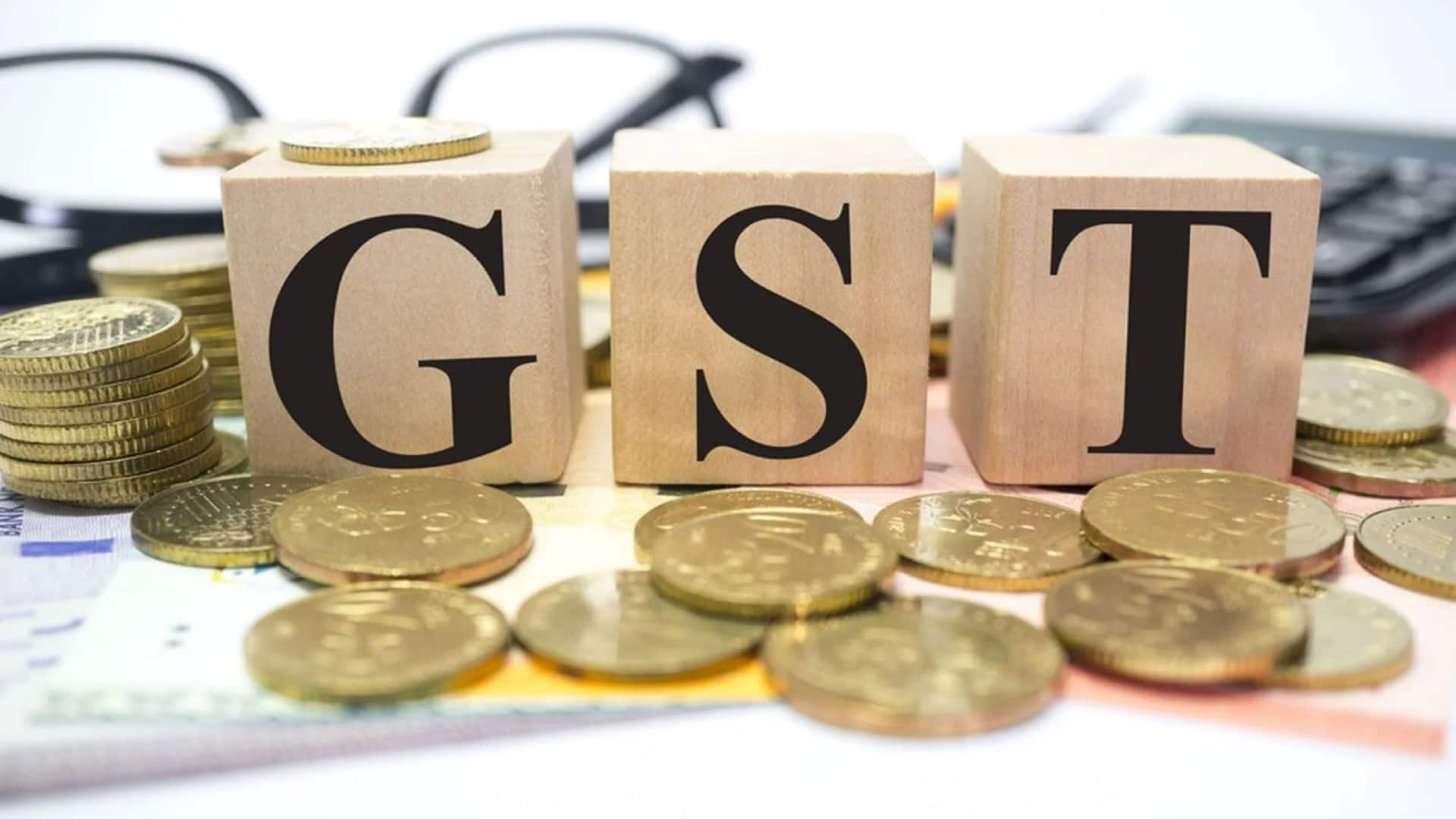
The GST effect: How it impacts your personal finances
What's the story
The introduction of the Goods and Services Tax (GST) has brought about a major shift in India's tax landscape, impacting multiple sectors, including personal investments.
This article will delve into how GST affects individual savers and their investment decisions.
By gaining a clearer understanding of these implications, savers can make better-informed decisions regarding their investments.
Financial services
Recognizing GST on financial services
Financial services are subject to GST at 18%, encompassing fees associated with banking services, transaction fees for the purchase and sale of securities, and processing fees for loans and insurance policies.
This has resulted in individual investors bearing the burden of higher costs for these services.
For instance, if a bank charged ₹100 as a processing fee for a loan pre-GST, the same fee would now be ₹118 with GST.
Insurance costs
Impact on insurance premiums
All insurance products, including life, health, and vehicle insurance, are taxed at 18% under GST. This represents a significant increase from the previous service tax rate.
As a result, insurance premiums have become more expensive. For instance, a life insurance policy with an annual premium of ₹10,000 before GST now costs ₹11,800.
Mutual funds
Effect on mutual fund investments
Mutual funds themselves are not impacted by GST as the tax is not applied to the amount invested or the returns generated from mutual funds.
However, the management fees that mutual fund houses charge do incur 18% GST.
This ends up raising the expense ratio of mutual fund schemes a bit and can marginally lower the overall returns investors see.
Systematic Investment Plans
Understanding SIPs under GST
Indian savers love Systematic Investment Plans (SIPs) in mutual funds. But did you know you're paying GST on your favorite investment?
Well, technically SIPs themselves aren't taxed with GST, but the management fees associated with them are subject to 18% GST.
This extra cost eats into the potential returns from SIP investments, a significant concern for investors looking to optimize their earnings in India's complex tax landscape.